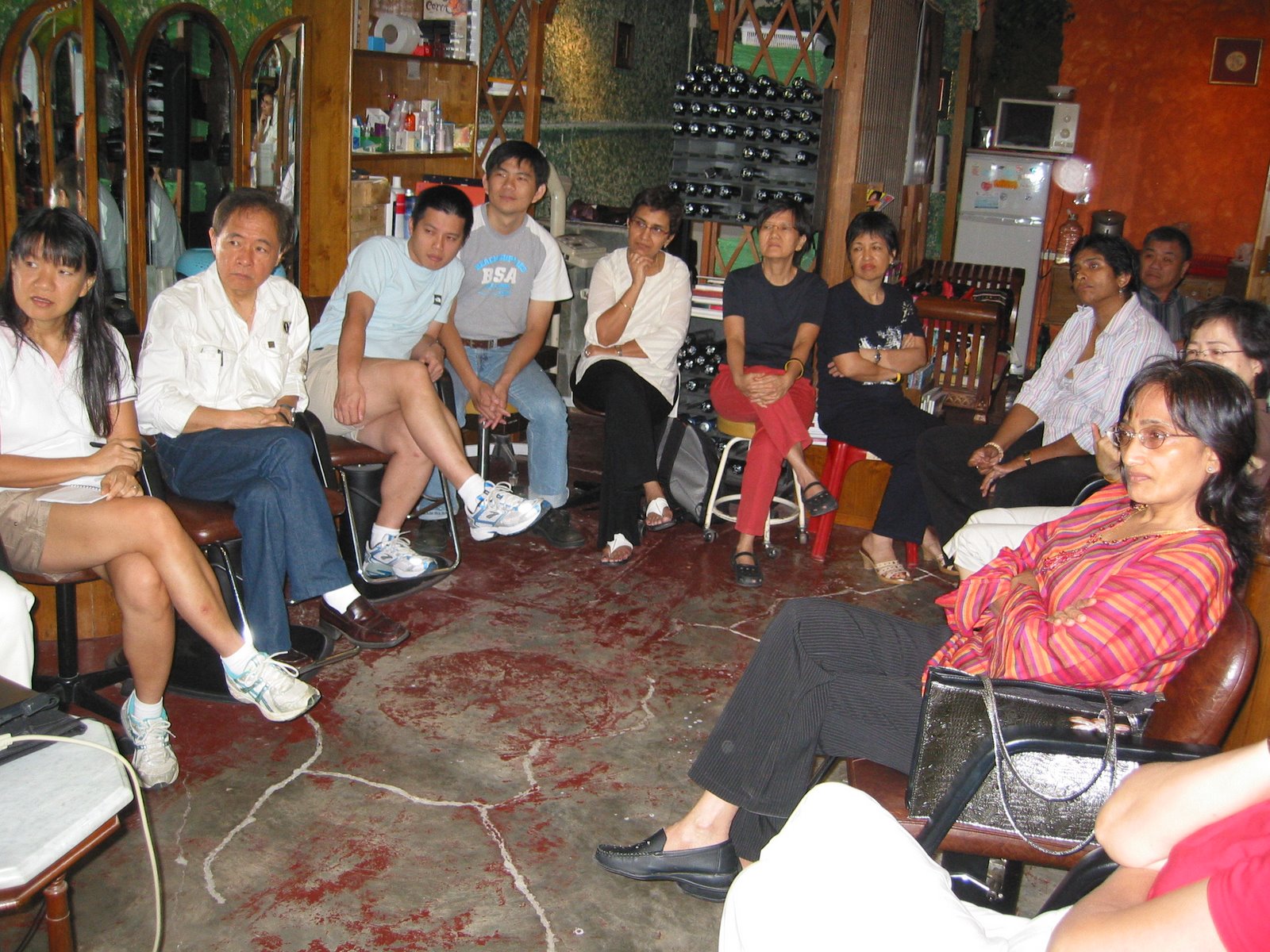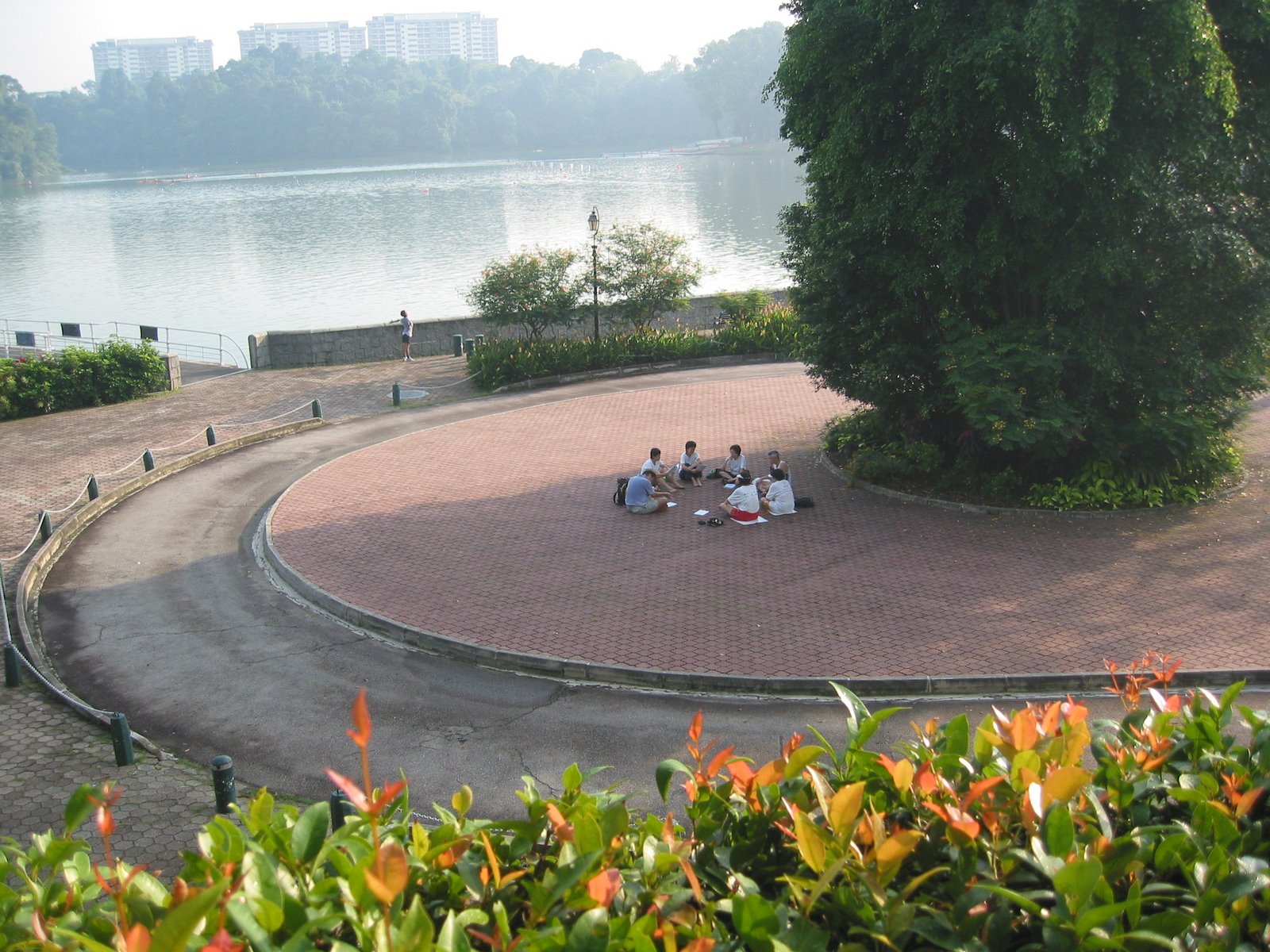I know of two film schools: School A and School B.
In School A, the teachers deliberately mock their students' scripts and challenges them to substantiate or illustrate their story. The teachers expect the students to be able to stand up for themselves and defend their script. These teachers do not believe there is such thing as a ridiculous story (no matter how outlandish the students cut their story out to be), but whether it is one that is properly researched, structured, substantiated, depicted,...etc. They do not go along the directions of whether there is a 'right' or 'wrong' answer to the script, but only scripts that are well or poorly substantiated.
In School B, the teachers on the other hand, correct the the students' scripts, pointing to them what is wrong with their script and what needs to be corrected, what needs to be there in place and how to do it. The teachers get annoyed if the students think that they know better and argue against the teachers' suggestions. Teachers here believe that with their prior training, experience and maturity, they know better and that these young upstarts are merely wasting their time going one big round arriving at the same 'right' answers.
For instance, in School B the teachers may comment that to play the role of a detective, the actor must look the part, ie. strong willed, lean, a good body gait, and other stereotype traits of how a detective should look like; and the students are supposed to cast an actor that looks like that.
In School A, the teachers will not change the student's choice of the actor, but will ask how the students are going to make that actor come up alive and feels like a real detective.
[Note: There are indeed examples of untypical looking detectives in Hollywood, like Detective Theo Kojak in Kojak (who is wheelchair bound) and Jessica Fletcher, who looks more like a loving grandmother, in 'Murder She Wrote'.]
In School A, students are assessed according to their final product, but also on their ability to defend their ideas and scripts. The final script may still appear to be ridiculous but yet well substantiated and described - that is, one that is able to convince the audience possibly of an unusual but interesting story.
In School B, students are assessed according to their final product based on how they have corrected them according to their teachers' guidance. Errant students who refused to follow the guidance are penalised.
There is no telling which one of these two schools come up with better scripts that win awards.
Which one do you think wins?
If you like to visit my actor's blog, click
here.


.jpg)











